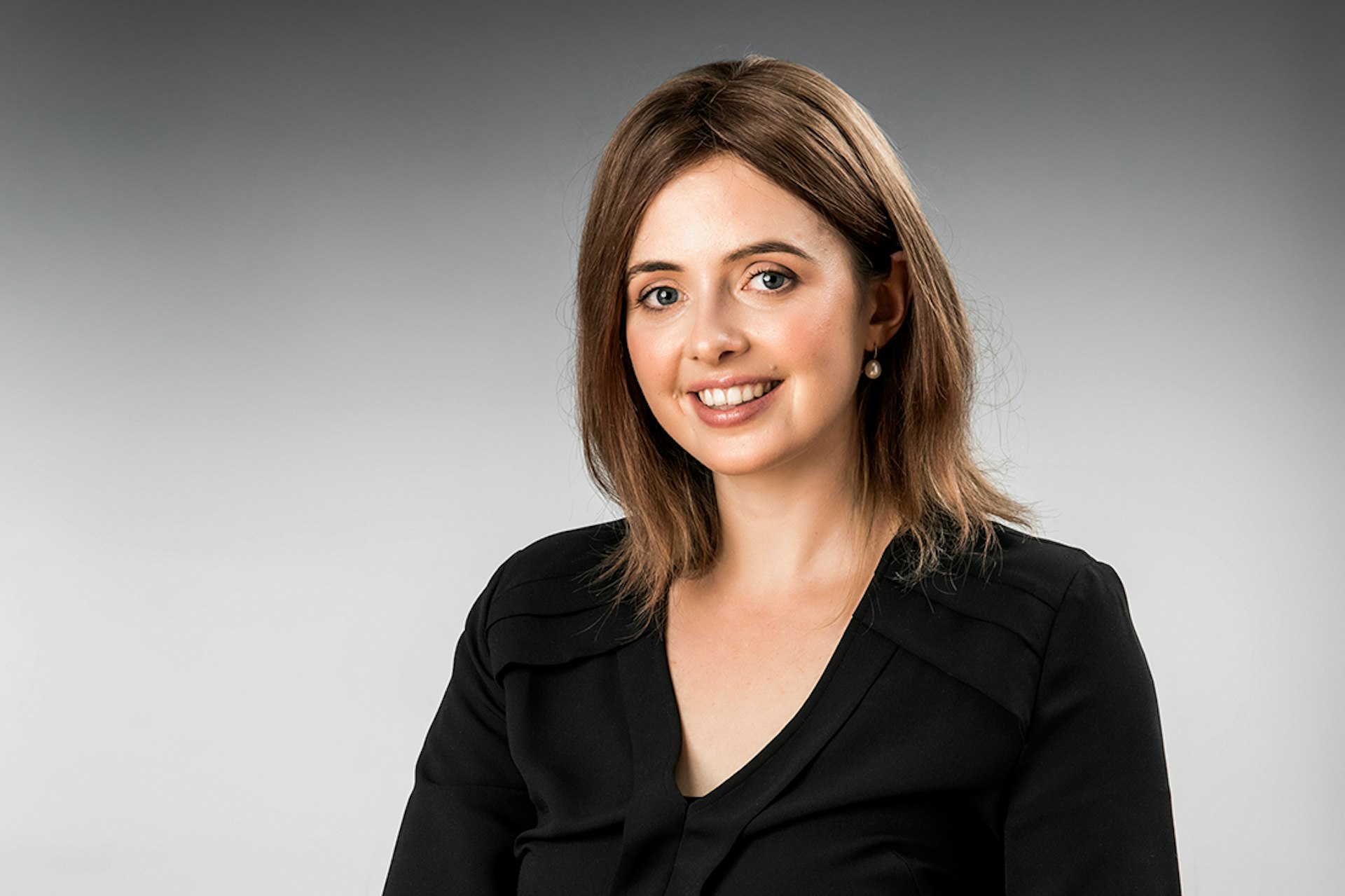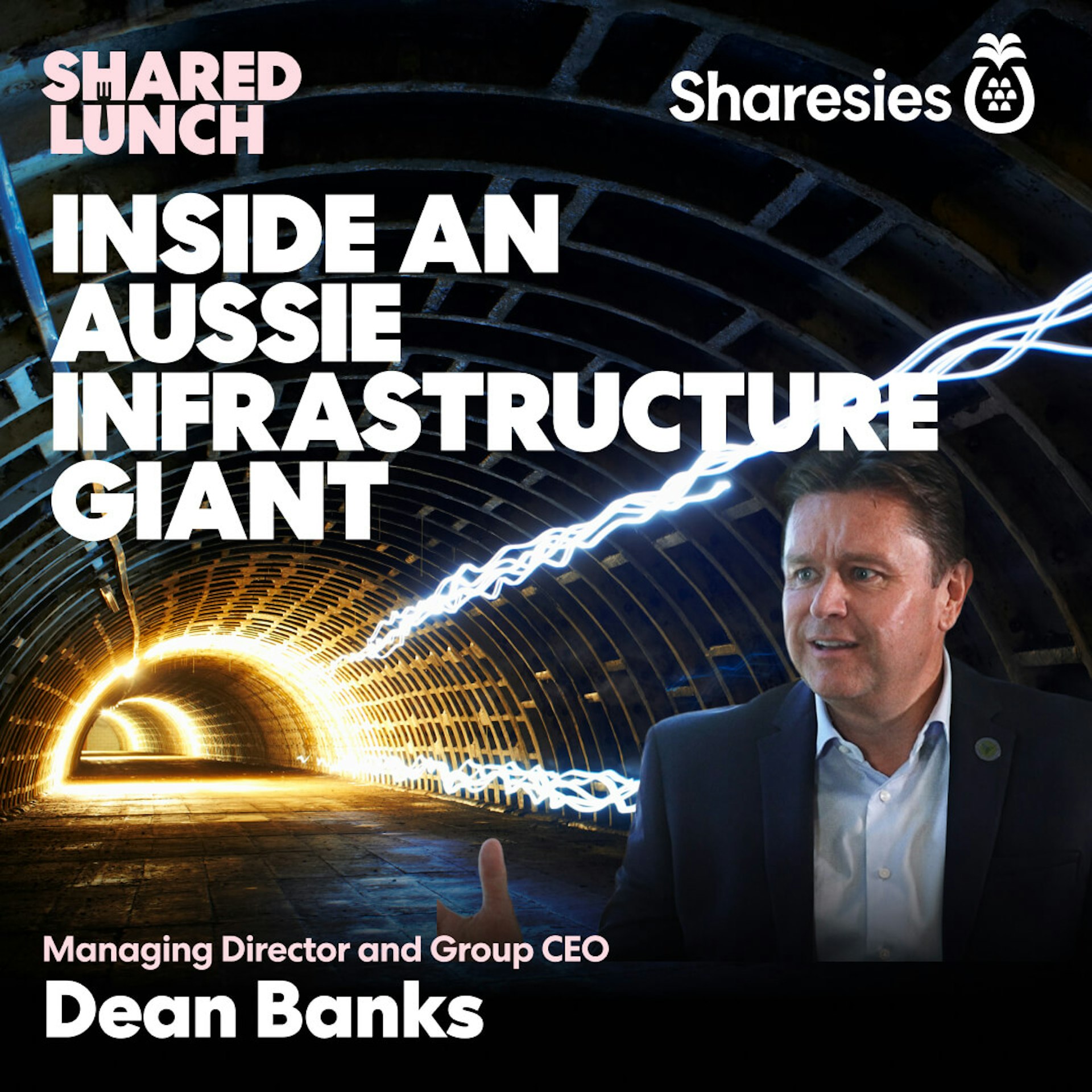Investor Journeys—Susannah Batley
Susannah Batley lives in Wellington with her husband and 18-month-old baby. She first started investing as a university student—and now has an investment portfolio that includes both funds and companies! We had a chat with her about her investment journey so far, and how she chooses what to invest in. 🍍

What was your first investment?
I was at university studying finance, and I opened up an ASB share trading account. I was flatting with a guy who was working part-time at the NZX and had investments, so it sort of rubbed off on me too.
My first investment was in Infratil. I can’t even remember why I chose it. I think my dad had invested in it and it had done well, so I recognised the name. The research I did was pretty minimal. I did a quick Google, saw it was mainly infrastructure, and just went with it.
The investment process was clunky and the platform wasn’t particularly user-friendly. You really had to know exactly what stock you were going to invest in. You put the number in and it executed the trade for you…and that’s about where the service ended!
The other issue was the fees. They charged a $30 minimum fee for every buy and sell. You had to invest about $3000 just to get over that hump—and when you’re spending $3000 per equity, that adds up pretty quickly! It meant that as a uni student, it just wasn’t possible to create a diversified portfolio.
What does your investment portfolio look like now?
My current investment portfolio is a whole bunch of exchange-traded funds (ETFs), plus shares in specific companies. I invest directly in companies if I like them, if I want exposure to a particular sector or company, or if I think the board or directors are really good. I’ve also recently formed an investment company with my husband and my husband’s brother, which we use to invest privately.
How do you choose what to invest in?
My investment strategy has definitely changed over time. I’ve realised that it’s actually really hard to outperform the market, so now I take a diversified, low-cost, long-term approach. When I’m choosing a fund to invest in, I mainly look at minimising fees—I make sure they’re 0.5% or below. I also try and get diversification across them, like investing across different geographies.
When I’m choosing a company to invest in, I do a little more research. A few questions I ask myself are:
Is it cheap?
I try to look at a company’s share price in relation to other similar companies. I look at its growth relative to its price, weigh up the risk, and then try to figure out if it’s worth investing in.
What sector is it in?
Do I like that sector? Do I think it’s a growing sector? How big is that market opportunity? I think it’s important to look at the bigger picture.
Who are the directors?
When I’m looking at a company, I take a view as to whether I think the company directors are good or not. Ultimately, they’re the decision-makers and they appoint the management, so they’re absolutely critical. New Zealand is a small country and a lot of directors have multiple directorships. There are some directors who I think are fantastic, and if they go into other companies as directors, I invest in those companies purely because I think those directors are really good. The people are everything!
Who are the other shareholders?
Some companies take investment from big institutions that play quite an active role in monitoring the company. They’ll undertake site visits and invest a lot of time and resources into following the company. So I look at institutions that have a really good track record—when they invest in a particular company, it signals to me that that company’s worth taking a closer look at.
If there’s a company I’m following, I try to listen to their earnings announcements. At their annual general meetings, they often do a webinar where the company’s CEO and CFO take questions. The brokers and big institutions tend to ask a bunch of questions, so it can be really insightful.
You definitely feel like you’re more a part of things when you’re investing directly in a company. All the shareholder communications you get, the annual reports, the updates. A couple of companies I’ve invested in have been taken over, like Tegel—so you get to vote on things like that too.
What are the biggest lessons you’ve learnt as an investor?
There have been a lot of times where I’ve either sold too early or just left money in the bank and not actually invested it. Selling A2 milk at $4 is one that comes to mind—today it’s like $16 a share!
I listened to a really great podcast recently where Peter Mallouk and Tim Ferriss were talking about timing the market. They said that even if you’d invested all your money a day before the 2008/2009 global financial crisis, you still would’ve more than doubled your money now. So when people lose their money and say they’re never going to invest in shares again, it’s because they didn’t take a long term, diversified approach.
I think when you make mistakes, you do learn from them. I’ve learnt that it’s really about having a long-term horizon. You shouldn’t be opening up your portfolio and trying to time things or look at the price every day. It’s about time . When you take a longer-term approach, it actually makes you feel a lot calmer too!
What are your investing goals?
Retirement! I think it’s pretty unrealistic to expect to retire at 65 with superannuation. I don’t have a particular number I want to get to or anything like that, but it’s just being in a position where you’ve got more choices. Whether it’s taking holidays, or choosing to do certain things. Especially now that we have a child, you start to think about their future as well.
What tips would you give to everyday New Zealanders who might not think investing is for them?
Take a look at compounding!
Let’s say you put $1000 in the bank at a 1% return. After 20 years, you’d get $1220. If you’d put that $1000 in a low-cost, diversified investment like an ETF and got a 5% average return per year, you’d get $2653.
After 50 years, your $1000 in the bank would be $1645, whereas your $1000 in the ETF would be $11,467! Whether it’s being able to buy a house (if that’s important to you!), or saving for retirement, investing gives you choices.
Start with ETFs!
ETFs are a really low-cost and passive way to take a long-term view. The podcast with Tim Ferriss used a really great analogy. Say you have to pick the five restaurants in Wellington that are going to be around in 30 years time and put all your money into them. Restaurants come and go, and it’s a really difficult call to make.
Or you could put your money into an index of restaurants and the only thing you’ve got to believe is that restaurants in Wellington will be around in 30 years time—that they’re going to be doing better and charging more than they are today. That’s a way easier thing to get your head around—and ETFs can be a great way to achieve that!
Being an investor is really exciting
And it’s become so much easier since I first started! Last week, I bought companies on Sharesies for $500 and the total transaction fee was just over $2. It’s changed the whole strategy I can adopt around companies.
For example, in the past, I might’ve invested $3000 and then the price might have gone up. I might’ve said to myself, look, I’d love to sell half of it and lock in half of that return but keep some in case the price goes up further. When you’re being charged a large lump fee per buy and sell, you can’t adopt that sort of strategy unless you have a really big shareholding.
So Sharesies is great. It gives you flexibility. You’re getting the exact same opportunities as someone who has far more money at play.
The people shown in our Investor Journeys are Sharesies investors, and their stories are actual experiences they’ve had with us. They’re paid for their time to record their story.
Ok, now for the legal bit
Investing involves risk. You might lose the money you start with. If you require financial advice, you should consider speaking with a qualified financial adviser, or seek independent legal, taxation, or other advice when considering whether an investment is appropriate for you. Past performance is not a guarantee of future performance. This content is brought to you by Sharesies Limited (NZ) in New Zealand and Sharesies Australia Limited (ABN 94 648 811 830; AFSL 529893) in Australia. It is not financial advice. Information provided is general only and current at the time it’s provided, and does not take into account your objectives, financial situation, and needs. We do not provide recommendations. You should always read the product disclosure documents available from the product issuer before making a financial decision. Our disclosure documents and terms and conditions—including a Target Market Determination and IDPS Guide for Sharesies Australian customers—can be found on our relevant NZ or Australian website.
Join over 930,000 customers



